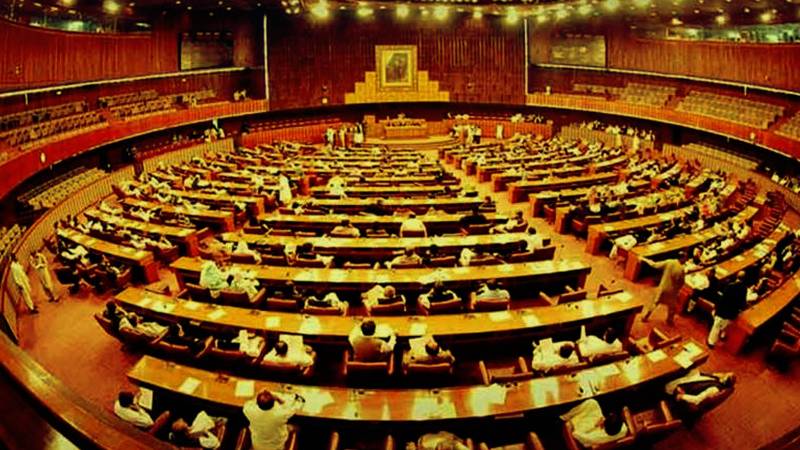The recent amendment to the Services Act by the Parliament, extending the tenure of Services Chiefs from three to five years, has been widely appreciated, particularly among members of the Armed Forces and various sections of society.
A broad consensus has emerged that a three-year tenure was too short to implement any significant, long-term changes. Extending the tenure to five years addresses this issue, providing Service Chiefs with more time to implement strategic initiatives effectively.
Military sources have noted that the previous shorter tenure allowed greater political influence over military matters, leading to an undesirable level of politicization. A five-year tenure, they believe, will reduce this influence, allowing the military leadership to operate with increased autonomy.
In comparison with other modern military structures, this extension aligns with global standards. For instance, the tenure for Service Chiefs is four years in the U.S., three to four years in the U.K., five years in China, three to five years in Germany, and four years in France.
Research supports the view that longer tenures promote military independence by reducing external influence, enabling Service Chiefs to make decisions that benefit both the military and the nation in the medium to long term.
This tenure enhancement will likely bring additional benefits, including continuity of policies, sufficient time for the implementation of strategic visions, greater stability, and improved trust between the Government and military leadership. In Pakistan’s context, where civil-military relations have often experienced strain, this change could foster a more harmonious and constructive environment.
In sum, extending the tenure of Service Chiefs is a positive step toward strengthening the professionalism and independence of the Armed Forces. It is expected to reduce political interference while empowering military leaders to focus on sustained development—a promising prospect for both the Armed Forces and the nation.


